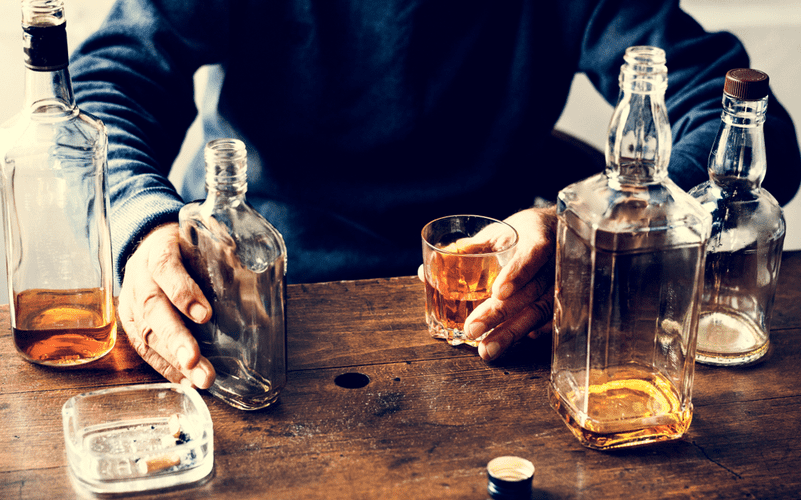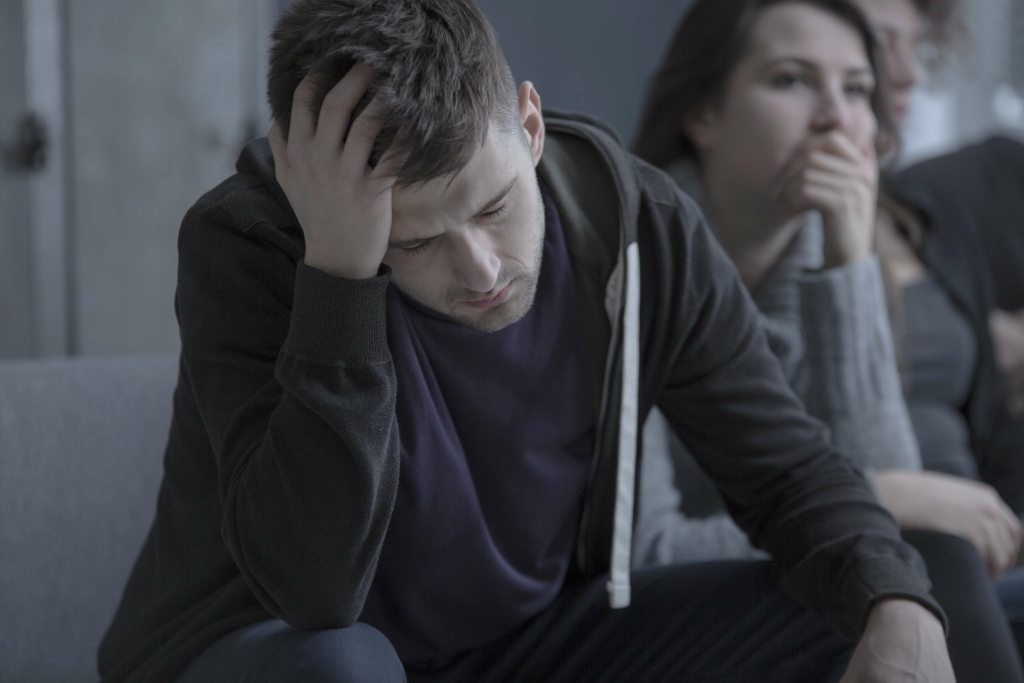As with other chronic diseases, alcohol use disorder has treatment options and can be managed. Instead, it can be an opportunity to examine what lifestyle changes, coping skills, and adjustments may be needed to prevent relapse in https://ecosoberhouse.com/ the future. It can begin with an emotional relapse, followed by mental and then physical relapses. Awareness of thoughts, feelings, and behaviors can be indicators of where someone is and what they may need regarding recovery.
If someone knows their triggers, they can better avoid them and reduce their risk of a relapse. Researchers Terence T. Gorski and Merlene Miller identified a set of warning signs or steps that typically lead up to a relapse. Over the years, additional research has confirmed that the steps described by Gorski and Miller are reliable and valid predictors of alcohol and drug relapses. Most physical relapses are considered relapses of opportunity, meaning that they occur when an individual feels they will not get caught. One such neurotransmitter, dopamine, reinforces the connection between drug use, pleasure, and any external triggers that remind the user of the substance. Over time, these dopamine surges teach the brain to seek the drug or alcohol any time the user encounters a trigger.
What Can Trigger a Relapse from Alcohol?
Recovery from alcohol addiction generally follows the stages of abstinence, withdrawal, repair, and growth. The first two stages represent a progression away from recovery and toward a full relapse. Friends and family see the noticeable benefits of quitting alcohol when their loved one stops drinking and chooses to pursue a healthy life. Until now, there has been little guidance for clinicians as to who may be at risk of depression relapse when on maintenance antidepressants, therefore making it difficult to make informed decisions regarding discontinuation.
For one, it bolsters self-respect, which usually comes under siege after a relapse but helps motivate and sustain recovery and the belief that one is worthy of good things. Too, maintaining healthy practices, especially getting abundant sleep, fortifies the ability to ride out cravings and summon coping skills in crisis situations, when they are needed most. Many people seeking to recover from addiction are eager to prove they have control of their life and set off on their own.
What Is an Alcohol Relapse?
Relapse triggers a sense of failure, shame, and a slew of other negative feelings. It’s fine to acknowledge them, but not to dwell on them, because they could hinder the most important action to take immediately—seeking help. Taking quick action can ensure that relapse is a part of recovery, not a detour from it. The longer someone neglects self-care, the more that inner tension builds to the point of discomfort and discontent.

They are typically triggered by people, places, paraphernalia, and passing thoughts in some way related to previous drug use. In the absence of triggers, or cues, cravings are headed toward extinction soon after quitting. But sometimes triggers can’t be avoided—you accidentally encounter someone or pass a place where you once used. Moreover, the brain is capable of awakening memories of drug use on its own. How individuals deal with setbacks plays a major role in recovery—and influences the very prospects for full recovery.
Relapse Prevention Treatment
The distinction is critical to make because it influences how people handle their behavior. A relapse is a sustained return to heavy and frequent substance use that existed prior Alcohol Relapse to treatment or the commitment to change. A slipup is a short-lived lapse, often accidental, typically reflecting inadequacy of coping strategies in a high-risk situation.

It not only involves the body and our behavior, but also our emotions and our thoughts. The earlier the signs of an alcohol relapse are recognized in yourself or someone you love, the sooner you can take action. The sooner you take action, the greater the likelihood of maintaining long-term recovery. Warning signs of alcohol relapse can vary depending on the person. Dry drunk behavior means that even though someone hasn’t relapsed, they start acting very similarly to when they were drinking.
